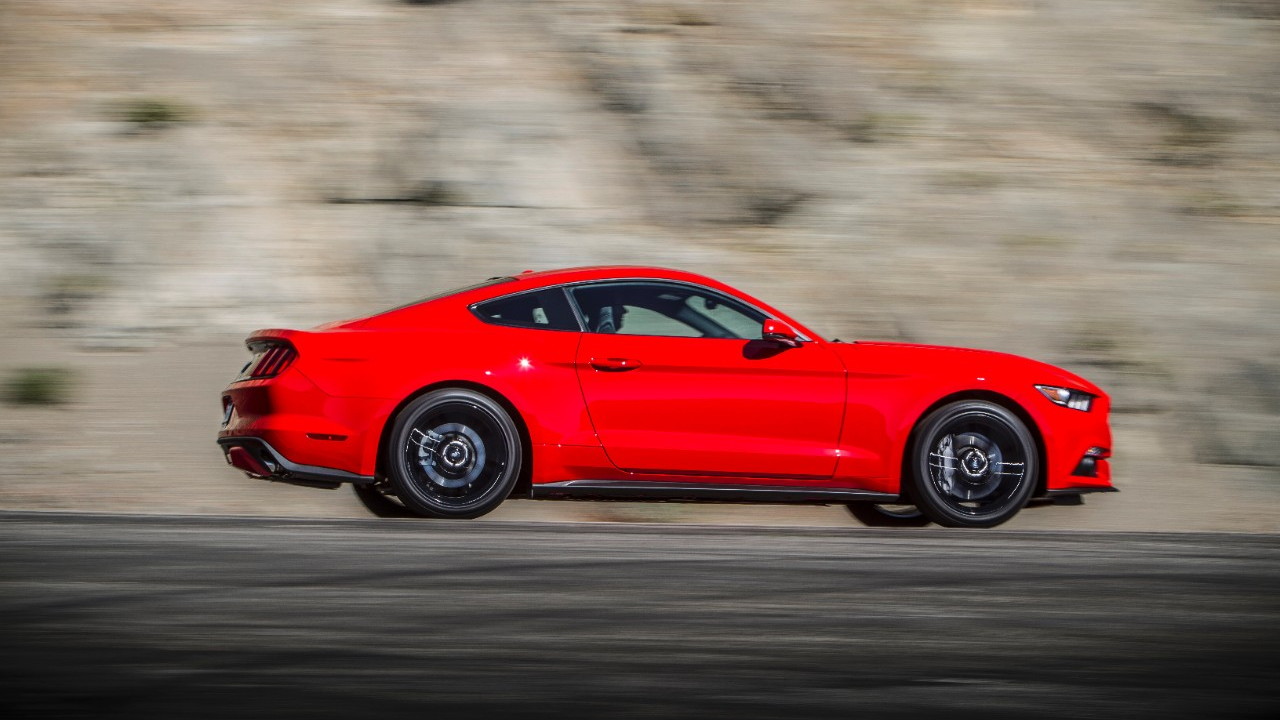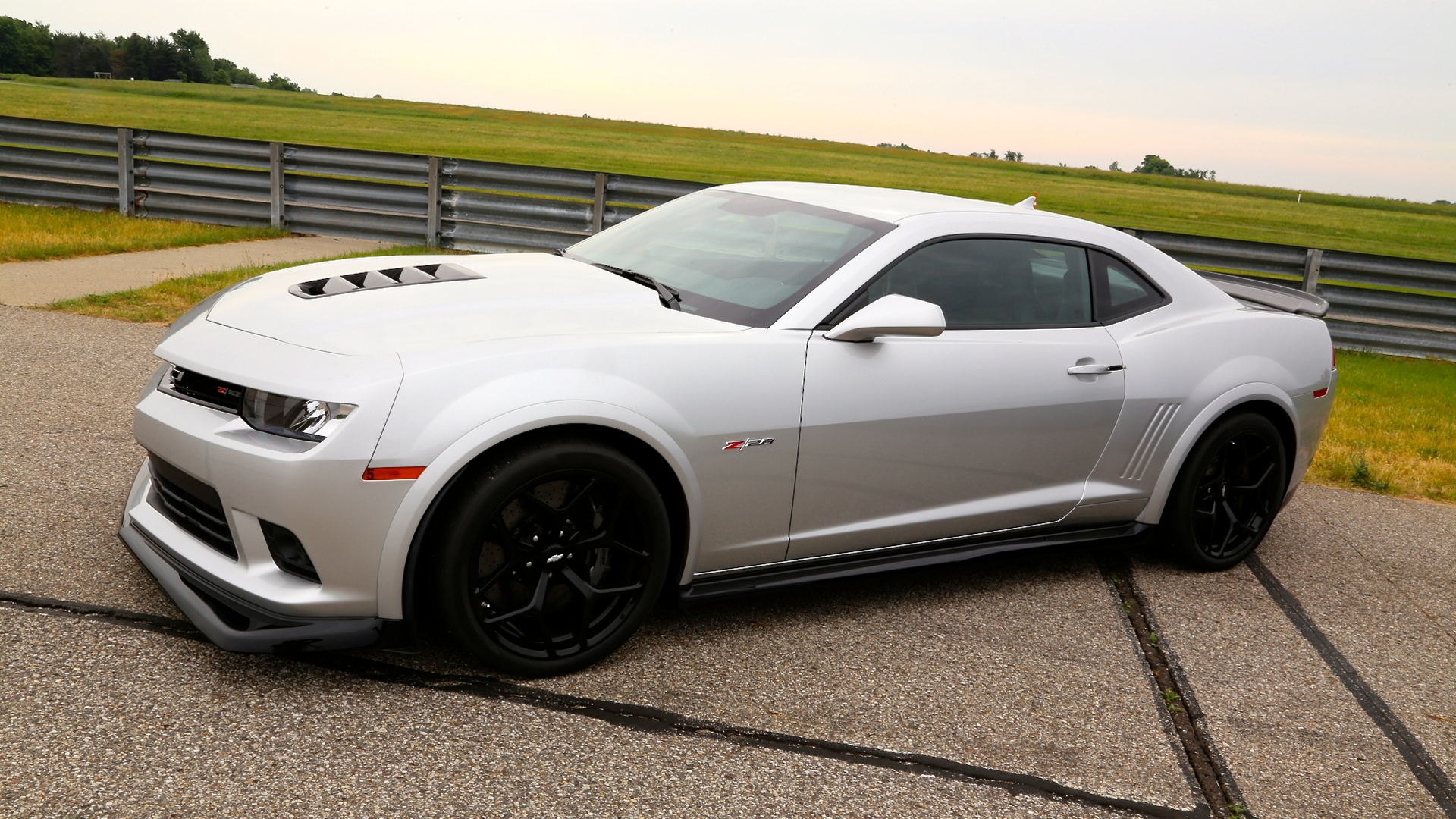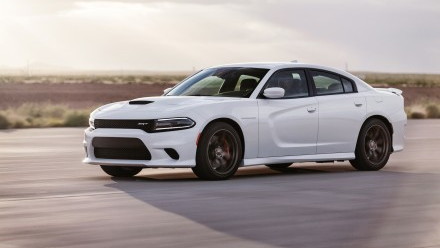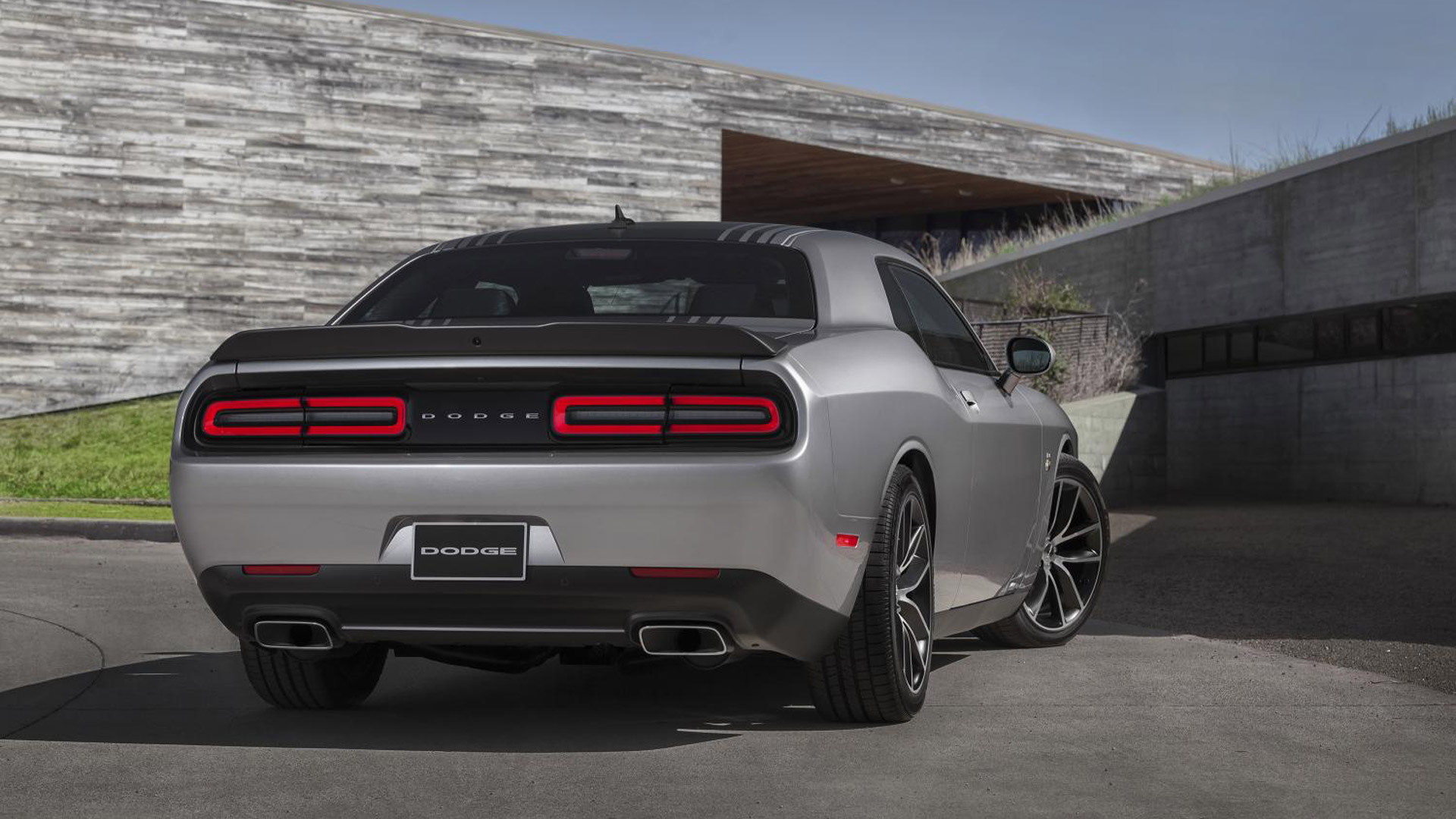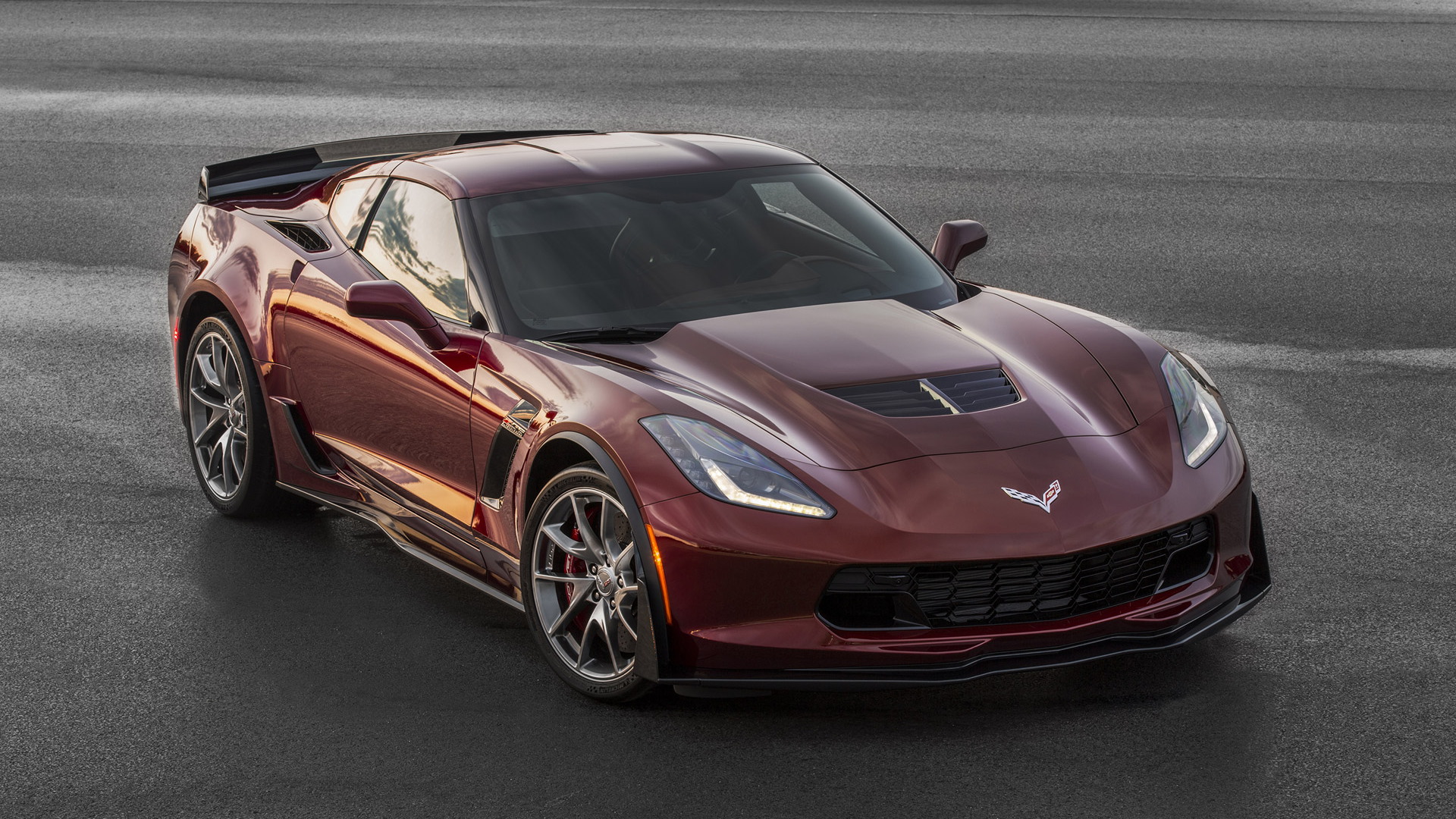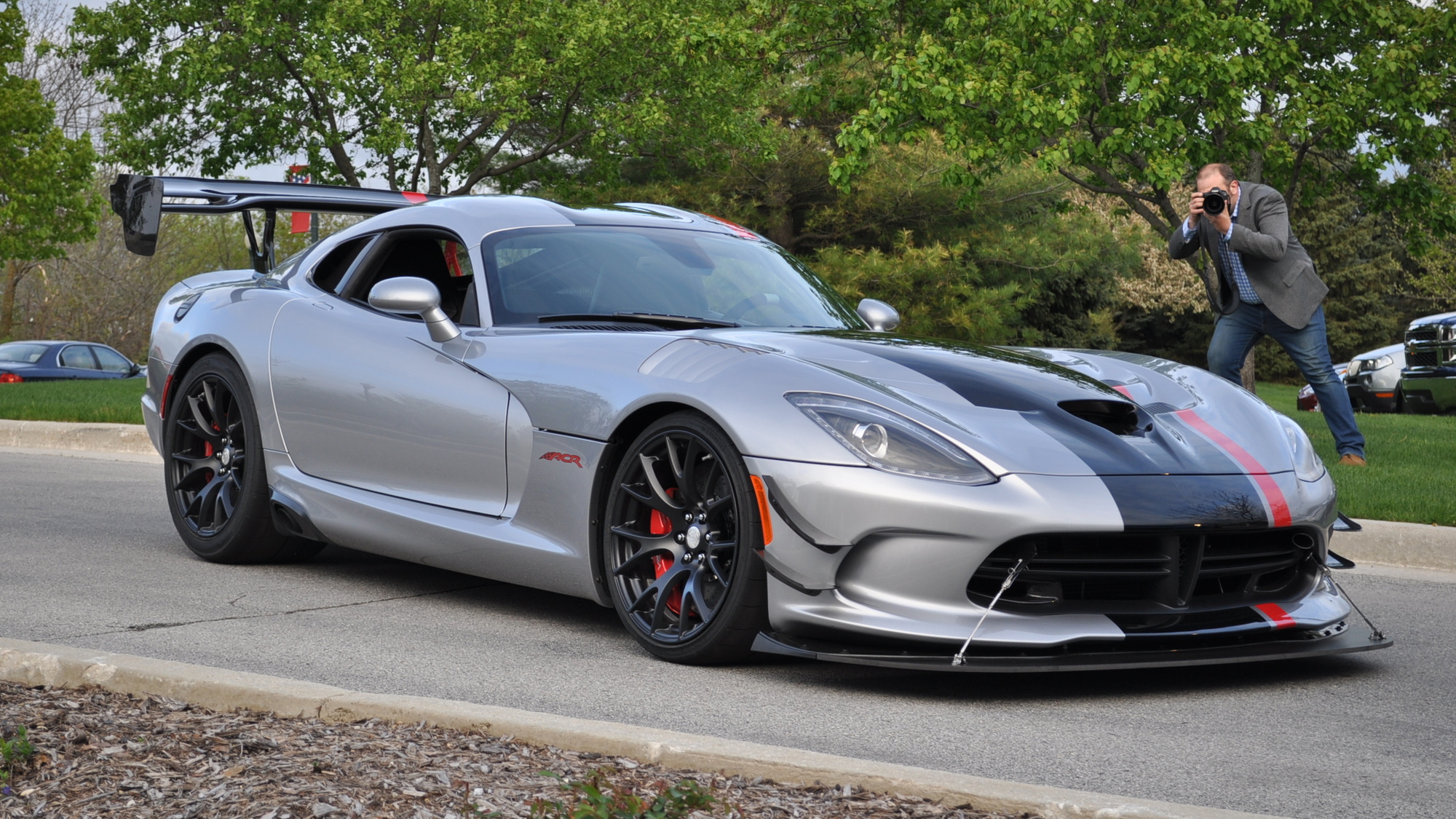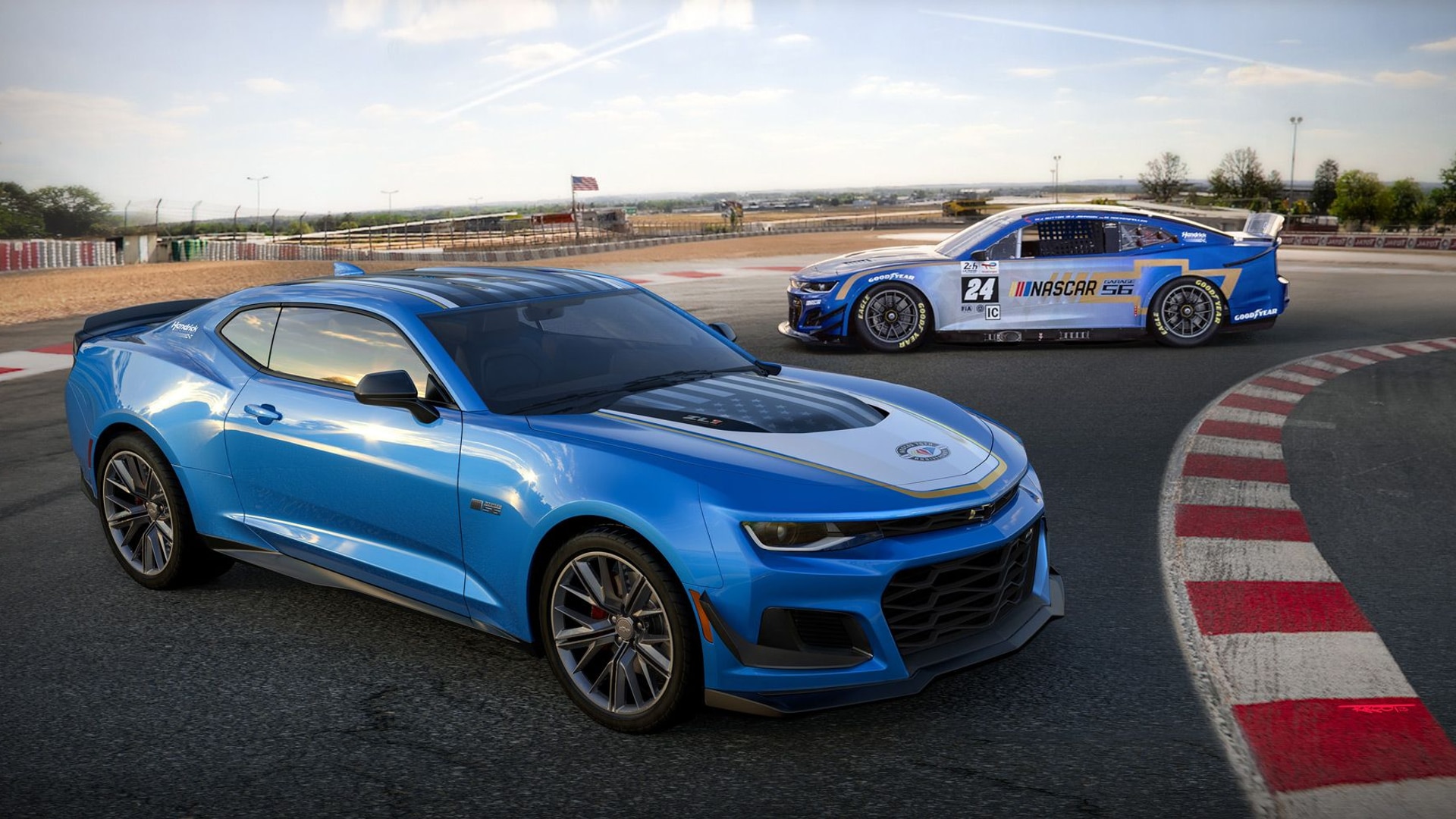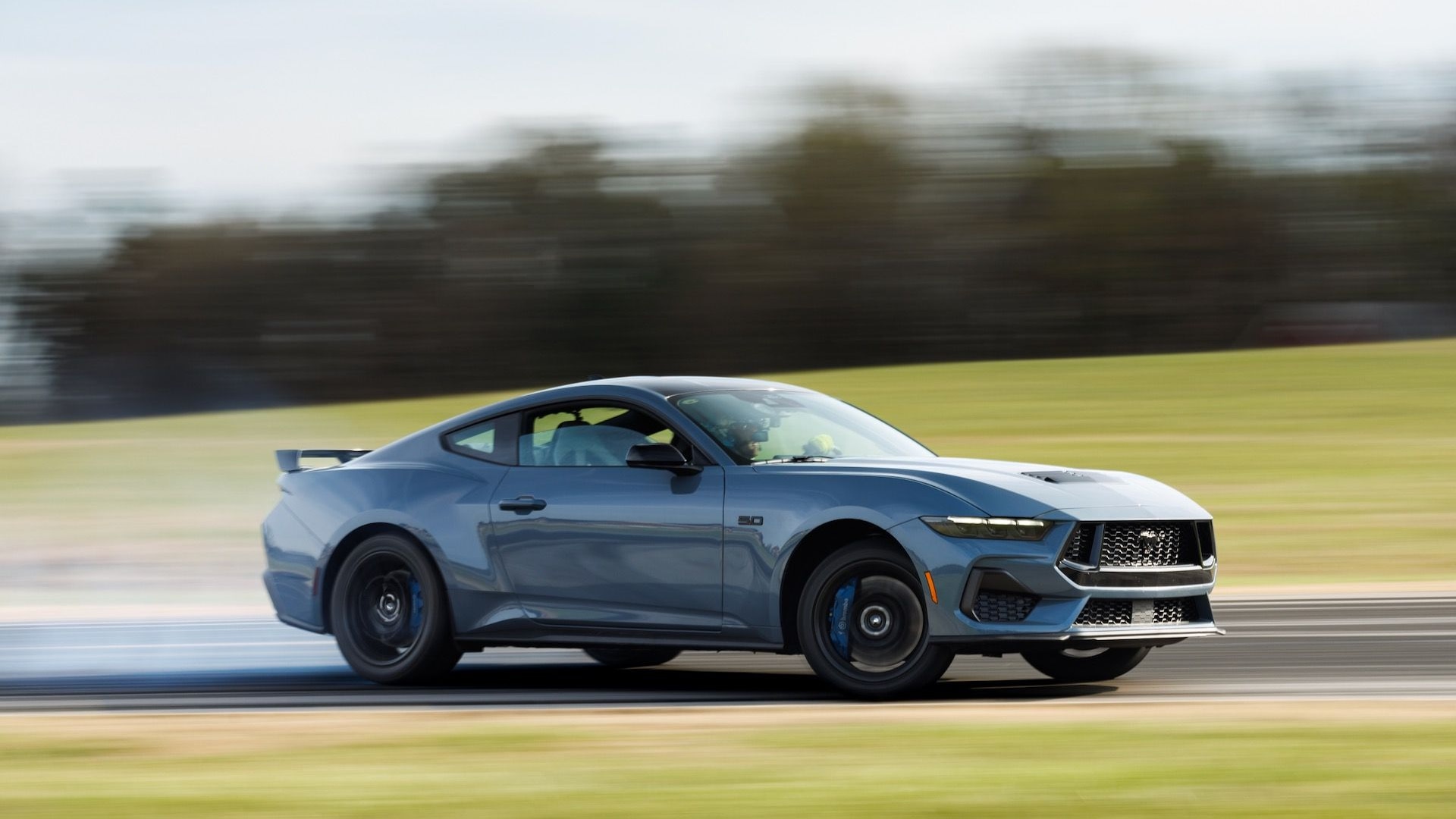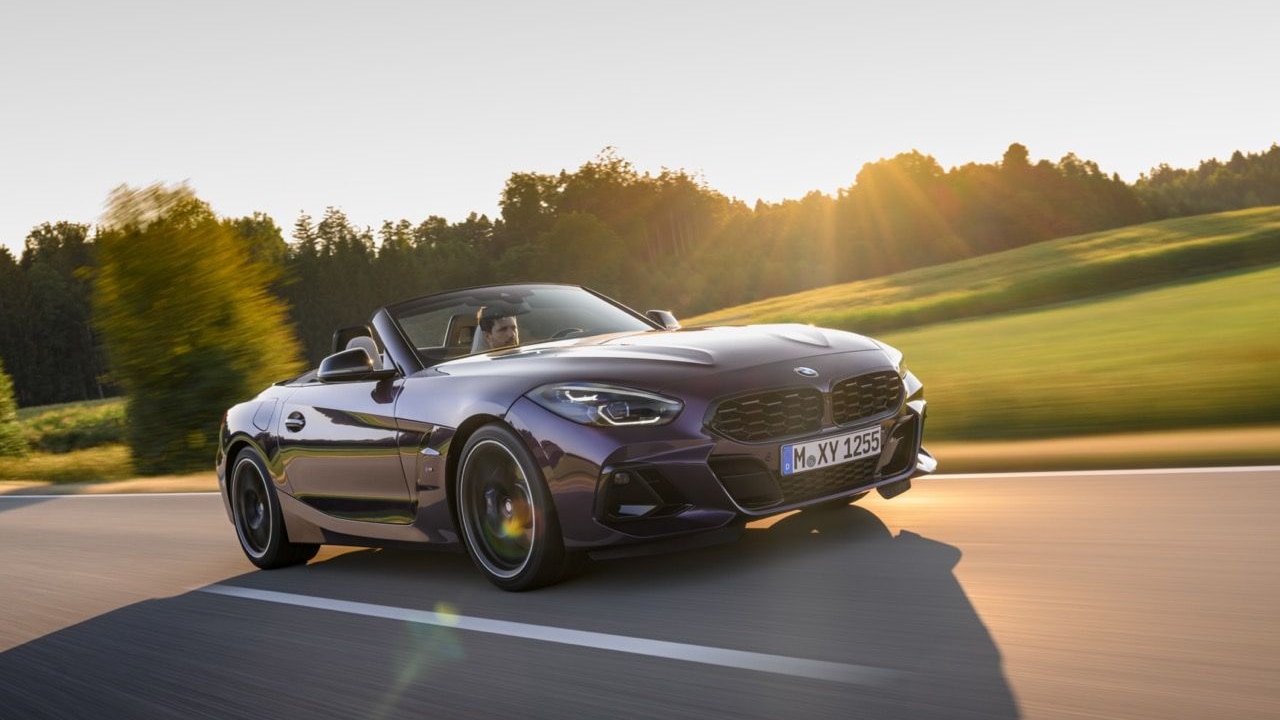Where cars are concerned, our favorite figures involve horsepower, torque, and 0-60 times. That said, there's plenty of interesting info in the latest study from research firm Experian Automotive, which looked at the numbers behind the unlikely resurgence of the muscle car.
While it includes the Chevrolet Corvette and the Dodge Viper in the definition—purists would balk at calling them "muscle cars"—registrations are up over 35 percent during the last nine years, which is welcome news for anyone who likes high performance.
ALSO SEE: Dodge Celebrates Its Freedom With 'Predators' TV Spot Featuring Hellcats And A Viper
Here's the per-model breakdown:
"In terms of registration volume, the Ford Mustang took the top spot (77,000 new registrations), followed by the Chevrolet Camaro (66,000), the Dodge Charger (55,000), the Dodge Challenger (50,000), the Chevrolet Corvette (32,000) and the Dodge Viper (1,000)."
Now, it's worth noting that the data goes back to 2006, and the fifth-generation Camaro didn't launch until 2009, giving the Mustang a big head start. But for those keeping score, this year marks the first time the Mustang has beaten the Camaro's sales since Chevrolet brought the model back.
And while there might be fierce demand for the supercharged 6.2-liter Hellcat engine, the fans of Fiat Chrysler Automobiles [NYSE:FCAU] will see a darker picture:
"Nearly 52.4 percent of consumers who purchased a Charger and 49.6 percent of consumers who purchased a Challenger had loan terms between 73 and 84 months. Furthermore, both models had the highest rates of borrowers in the subprime risk category, with 22.8 percent of consumers who purchased a Charger and 18.3 percent of those who purchased a Challenger having credit scores 600 or below."
Of course, there's plenty of obvious stuff too. Texans, who don't have to deal with snow, are more likely to buy muscle cars than folks in the Northeast. Well-off Corvette and Viper owners are most likely to pay cash. Men, by a margin of 20 percent, are more responsible for muscle car purchases than women.
The next nine years are certain to be challenging for the traditional muscle car, so whether we'll continue to see drivers embrace them remains to be seen. But we're keeping our fingers crossed. Head to Experian Automotive for a closer look at the study.
_______________________________________
